Martin Skretteberg
NEF CDT Student
Department of Engineering
University of Cambridge
Contact: mjs298@cam.ac.uk
Sponsor: EPSRC
Variance reduction methods in dynamic Monte Carlo
Radiation transport simulations based on the Monte Carlo (MC) framework provide flexibility, cost and safety advantages compared to experimental testing but are constrained by the interplay between accuracy and computational expense. Over the past decades, increased computer hardware capabilities and parallel computing have made the MC framework a more desirable tool and allow for accurately solving the neutron transport equation, however, the uncertainty has a slow convergence rate.
The uncertainty can be reduced by increasing the number of batches, but this extends the computational time required. This makes MC methods very time-consuming and as a result, they are almost exclusively used for criticality calculations where the systems are in steady-state and, along with thermal-hydraulics and thermo-mechanical variables, have no time-dependence. In these cases, MC methods serve as references for verifications of deterministic methods.
Transient cases, however, are in large handled by deterministic methods due to the additional computational expense required by time-dependent MC calculations. Moreover, when analysing the transient behaviour of a reactor in the context of safety and stability, accounting for the transport equation in the presence of multi-physics phenomena becomes relevant. In this way, feedback effects on the fuel and moderator can be accounted for.
I am looking further into how time-dependent MC methods, and their coupling with multi-physics can be made more viable through variance reduction using classical methods of variance reduction as well as some novel methods based on machine learning.
Achievements
First-Class Scholarship (MEng) – placing first in King’s cohort.
Structural Design Project prize.
Selected for accelerated mathematics programme – receiving top grade and placing first in my cohort at the University of Oslo during final year of upper secondary.
Winner of the Norwegian Language Olympiad.
Highlights
Travelling across the country for various CDT taught modules.
Future plans
Take the knowledge and experience gained from the project, combined with my passion for machine learning, into a career in academia or industry.

